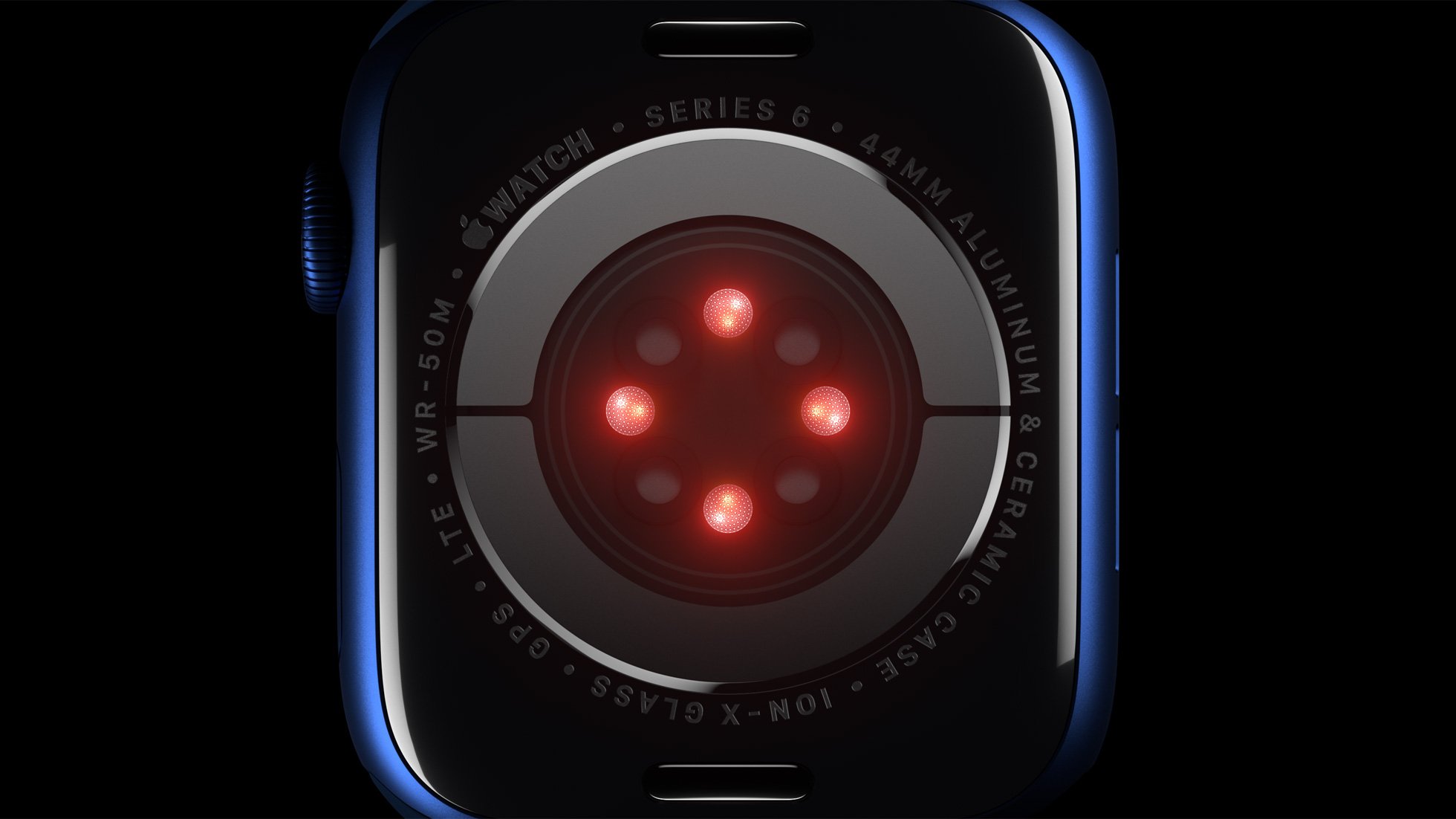Apple Watch Series 6's blood oxygen sensor is 'mostly useless' according to one (incorrect) reporter

What you need to know
- Apple's new Apple Watch Series 6 features an oximeter.
- Its ability to check a user's blood oxygen levels is perhaps the biggest feature of the new watch.
- But one reporter says it's "mostly useless".
The release of Apple Watch Series 6 brought an oximeter to the wearable for the first time, allowing it to check a wearer's blood oxygen levels. Apple takes pains to make sure people know that the sensor isn't medical-grade, but that isn't stopping people from expecting it to be the last word on oxygen. Including one Washington Post reporter.
According to the WaPo's Geoffrey A. Fowler, Apple Watch's oximeter is "mostly useless" because it gave conflicting readings.
Sometimes the new Apple Watch Series 6 reports my lungs and heart are the picture of health, pumping blood that's 100 percent saturated with oxygen.At other times, it reports my blood oxygen is so low I might be suffering from emphysema. (I am not.)
I'm no doctor, and I haven't even played one on TV, but there could presumably be plenty of reasons for different results. I'd love to know what other variables were involved here. But regardless, I'm more interested in the comparison with an FDA-approved finger oximeter. Despite Apple's oximeter not being FDA approved.
Over several days of comparing my second Apple Watch's measurements to my FDA-approved finger oximeter,Apple's readings most often differ by two or three percentage points — though they've also sometimes exactly matched, and sometimes been as much as seven percentage points lower.
But wait....
This year, Apple is selling a new kind of stretchy band that is called the Solo Loop and comes in a variety of sizes. Going down one size (to a model that leaves a slight imprint on my wrist) did eliminate some but not all of the "unsuccessful measurement" error messages.
Amazingly, making sure the watch fit made it take readings more consistently. You can't see me, but I have my best "surprise!" face on.
I find it difficult to believe anyone is strapping an Apple Watch to their wrist and expecting to get the same kind of readings they get from a designed-for-purpose, FDA-approved, oximeter. In just the same way nobody running an Apple Watch ECG expects to get the same readings they'd get at a hospital. The fact anyone is comparing the two, I find odd.
A reminder of how Apple describes Apple Watch's oximeter.
Master your iPhone in minutes
iMore offers spot-on advice and guidance from our team of experts, with decades of Apple device experience to lean on. Learn more with iMore!
Blood Oxygen app measurements are not intended for medical use, including self-diagnosis or consultation with a doctor, and are only designed for general fitness and wellness purposes.
That seems pretty clear. Do I agree with this WaPo article that Apple Watch Series 6 – and the Fitbit device that was also tested – isn't as accurate as a finger-mounted device? Of course I do. But to call it "mostly useless" is crazy talk. It's perfectly useful if it's used in the way it's supposed to be used. As a holistic view of overall health and wellbeing.
Don't expect it to tell you if you're having some sort of medical emergency. Apple isn't claiming it will.

Oliver Haslam has written about Apple and the wider technology business for more than a decade with bylines on How-To Geek, PC Mag, iDownloadBlog, and many more. He has also been published in print for Macworld, including cover stories. At iMore, Oliver is involved in daily news coverage and, not being short of opinions, has been known to 'explain' those thoughts in more detail, too. Having grown up using PCs and spending far too much money on graphics card and flashy RAM, Oliver switched to the Mac with a G5 iMac and hasn't looked back. Since then he's seen the growth of the smartphone world, backed by iPhone, and new product categories come and go. Current expertise includes iOS, macOS, streaming services, and pretty much anything that has a battery or plugs into a wall. Oliver also covers mobile gaming for iMore, with Apple Arcade a particular focus. He's been gaming since the Atari 2600 days and still struggles to comprehend the fact he can play console quality titles on his pocket computer.
